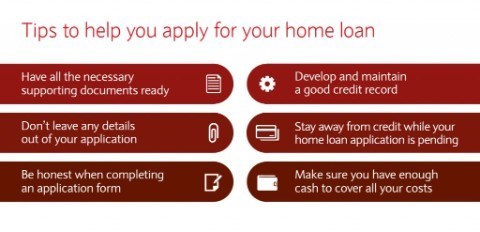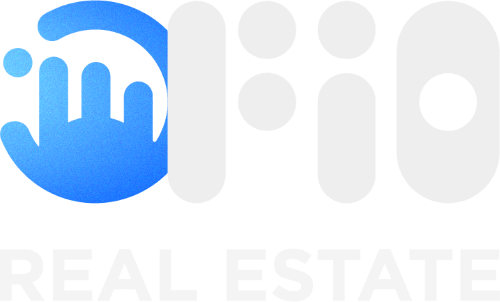So you have reached a point in your life where you've started looking at the option of buying property. But before you plan too far ahead, you may need to focus on the first part of this process - applying for a home loan. Here are some key questions and answers that'll help you sufficiently prepare for your home loan application.
How to know if you're eligible for a home loan
First things first. You need to take a good look at your finances and determine what loan amount you'll be able to afford. "Work out a detailed budget around your monthly earnings and expenses. This is the only way to ensure that you're not targeting a property that's out of your league." You can use the Absa bond calculator or the Home loan Estimator to get an estimated indication of your affordability. After that, you should also ensure that you are not listed at one of the credit bureaus. What must I know before I apply for a home loan?
There are two main things that the bank would typically look at when reviewing new home loan applications:
- The customer's ability to afford the specific home loan instalment on a monthly basis.
- The customer's history of credit repayment.
After these aspects have been reviewed, the bank will also look at the nature and value of the property you're looking to buy. As an example, there's a massive difference between buying an already existing house and buying a vacant piece of land with the aim of building your own house. "From the Bank's point of view, it's much easier to take security on an asset that's already there, than to take the risk of financing something that doesn't exist yet."
What documents do I need to have for a home loan application?
Have the following necessary documents ready before you go to the bank: - The offer-to-purchase
- Your FICA documents
o Your original barcoded ID book
o Proof of residence not older than 3 months
o Latest payslip - not older than 1 month
o Three months bank statements
With any home loan, there will also be transfer and bond registration costs (5 - 10% of the property purchase price) to cover, so be sure to get a transfer and bond cost form from any registration attorney, the Law Society or on online sites such as GhostDigest.

Which option would be best for me?
With Absa, you have quite a few options to choose from whether you want to build a house from scratch, or buy an existing property when structuring your home loan. Let factors such as affordability, availability of the cash deposit, upfront fees required and loan term guide you in choosing which option would best suit your unique financial situation. Remember, a home loan is a huge and long term commitment, so check and re-check your finances to make sure you're really ready for this big step.
Author: Private Property
